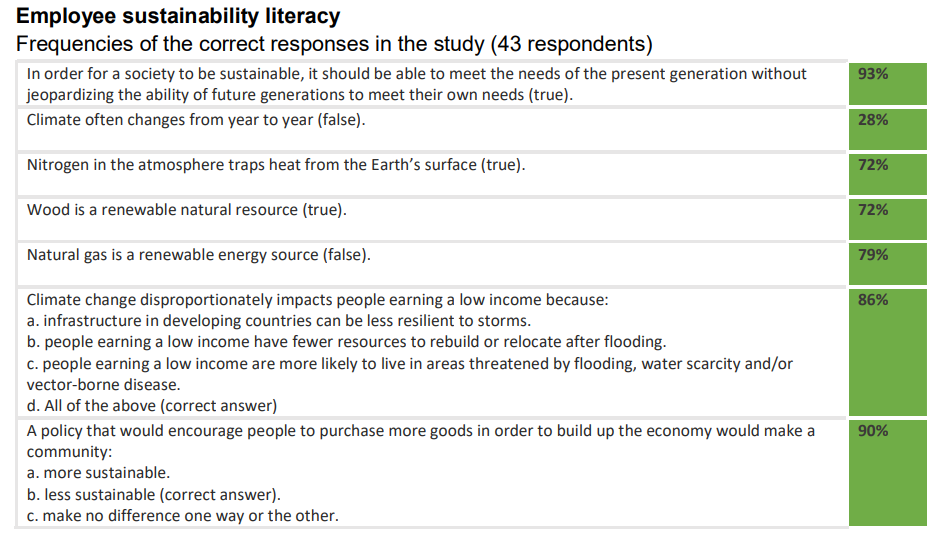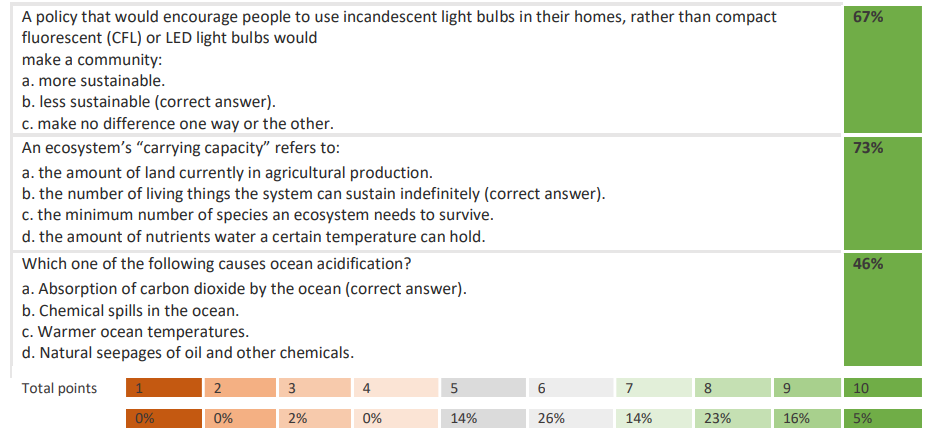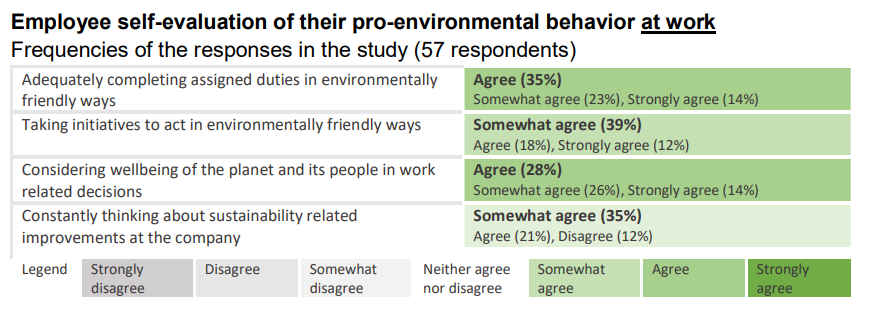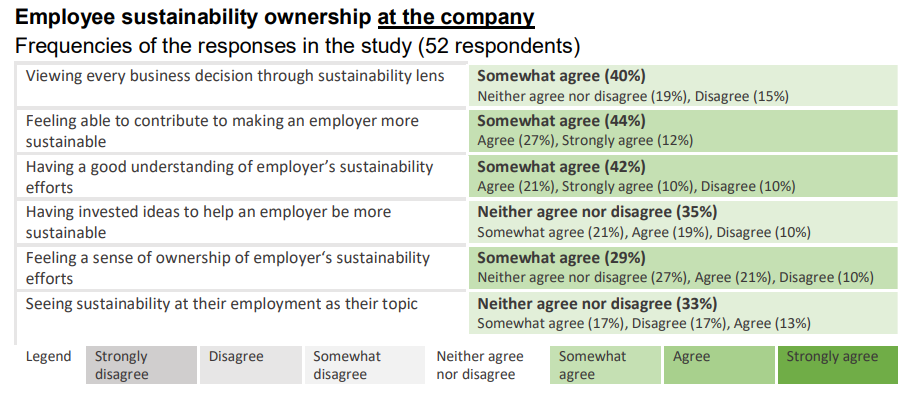European News: Sustainability Omnibus Overview
To boost competitiveness and unleash growth, the EU needs to foster a favourable business environment and ensure that companies are not stifled by excessive regulatory burdens. That is why the Commission is recalibrating some EU rules in a growth-friendly manner that will enable more cost-effective delivery of our policy objectives.
The Commission’s work programme, published on 11 February, announced a first series of “Omnibus” packages. Companies across the EU – large and small – will benefit from the simplifications of the omnibus proposals.
All companies with up to 1,000 employees and 50 million turnover will be outside the scope of the CSRD. For the companies in scope (above 1,000 employees and 50 million turnover ), the Commission adopted a delegated act to revise and simplify the existing sustainability reporting standards (ESRS). The proposed provisions in CSRD also create a derogation for companies with more than 1,000 employees and a turnover below EUR 450 million by making the reporting of Taxonomy voluntary, and also, put a stronger emphasis on transition finance by introducing the option of reporting on partial Taxonomy-alignment.
The reporting requirements would only apply to large undertakings with more than 1000 employees (i.e. undertakings that have more than 1000 employees and either a turnover above EUR 50 million or a balance sheet total above EUR 25 million) This means that the number of companies in scope will be reduced by about 80%. The new scope will be more closely aligned with the key scope thresholds of the CSDDD.
Local Facts: Sustainability Literacy @ISM
The survey included questions that allow to measure respondent’s sustainability knowledge. Two respondents (out of 43) managed to achieve a maximum score, seven made only one mistake, and ten collected 8 points.
Employee pro-environmental behaviors and attitudes
Most of the respondents consider the wellbeing of the planet and its people in every work-related decision. However, their self-evaluation was less positive when it comes to being pro-active and finding ways to act in environmentally friendly ways at work or making the company more sustainable. Only approximately half of the respondents reported being pro-active in terms of sustainability. It is later reflected in their responses on the frequency in which they actually conduct certain pro-environmental behaviors at work (discussed before). This indicates the alignment between intention or self-perception and actions in terms of a behavior in environmentally friendly ways, but also a lack of proactiveness from the individual’s side.
Almost all respondents are willing to do things for the environment even if they know they will not be thanked for that.
However, only one third would actually go out of their way to do what is best for the environment, or do it even if it is inconvenient for them.
Even fewer would give up certain things that they like doing knowing this harms the environment. These results indicate that the sacrifice is considered only at a certain extent, the more inconvenient it is the less it is expected. Interestingly, the individuals show a positive tendency to be willing to take on the responsibilities to help conserve the natural environment.
When reporting on how often they actually make a sacrifice for the environment, approximately half of the respondents indicated they pay much higher prices or taxes to protect the environment, and sometimes accept a decrease in their standard of living to protect the environment. Even taking this into account the surveyed individuals do not think that they frequently make sacrifices for the environment. Therefore, this indicates that such sacrifices are not perceived as highly inconvenient. These results are also linked with the sustainability mindset of the respondents, since two thirds consider climate change being their responsibility. Interestingly, it is not really related to UN SDGs, but is rather complimented by the motivation to take action in environment protection. Going in line with the findings from employee self-evaluation of their pro-environmental behavior at work the results indicate the majority of respondents feel the responsibility and motivation to engage in pro-environmental activities and to do good for the environment, with fewer actually being proactive, and about half actually engaging in the activities more frequently on a daily basis at home and at work, or making sacrifice (monetary or living standards related) for the sake of the environment if it is not perceived as a great inconvenience. The surveyed individuals are willing to take more responsibilities and feel they can contribute to sustainability activities at work, however, have tendencies of not actually taking the initiative or trying to find ways to make their company more sustainable. This highlight a gap between intention and actual pro-active behavior.




